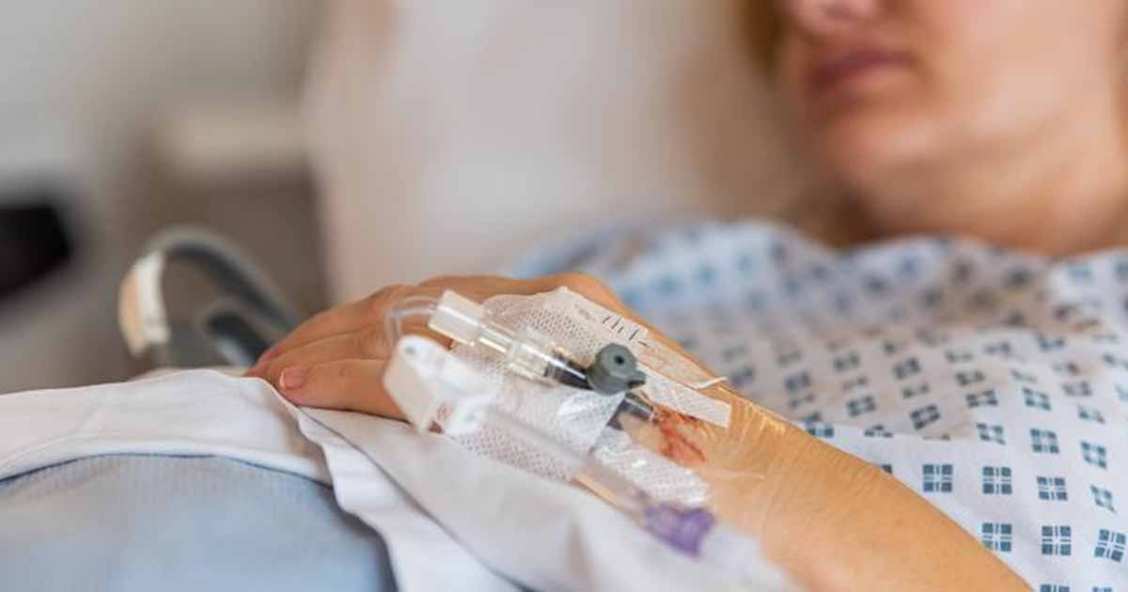
Over 320,000 people received treatment for cancer over the last year (Nov 2021 – Oct 2022) – the highest year on record, and up by more than 8,000 on the same period pre-pandemic.
More people than ever before also had potentially lifesaving NHS cancer checks, with over 2.8 million people seen – up by almost a fifth on the same period before the pandemic (2.35 million in 2018/19) – with over 10,000 checked every day and around 6% resulting in a cancer diagnosis.
NHS chiefs have said this is “important progress” as more people getting checked and treated could have a significant impact on cancer survival.
Not only did the NHS see and treat more people than ever before for cancer, but recent data also shows 100,000 patients were diagnosed with cancer at stages one or two when it is easier to treat last year (2021-2022) – the highest proportion on record.
The NHS doubled spending on the biggest cancer awareness campaigns in health service history and cancer chiefs continue to encourage people to come forward for checks if invited by the NHS or if they have experienced any worrying symptoms.
Dame Cally Palmer, National Cancer Director for NHS England, said:
Quote
“NHS staff have been working incredibly hard over the past year to recover from the pandemic and it’s thanks to our campaigning efforts and early diagnosis drives, alongside the courage of people like Dame Deborah James encouraging people to come forward, that we’ve seen and treated record numbers of people.
“This is important progress – we know lives are saved when cancers are caught early and when more people are seen for tests and checks – and as we head into the New Year, the NHS will not take its foot off the pedal when it comes to ensuring people are seen and treated as early as possible.
“I would urge everyone to keep talking to your friends and loved ones to raise awareness, and come forward for checks if you have potential symptoms and concerns – the NHS is here for you.”
Professor Peter Johnson, NHS England National Clinical Director for Cancer, said:
Quote
“We know that the possibility of a cancer diagnosis can be daunting and that many people don’t want to bother anyone with their health concerns, but we would always prefer to see you sooner with a cancer that be treated successfully, than later with one that can’t.
“The NHS is always working to find new ways to catch and treat cancers as early as possible, including high street checks and community lung scanning trucks, which have already diagnosed over a thousand people at an earlier stage.
“Don’t let cancer play on your mind – if you have a sign or symptom that you’re worried about, such as a persistent cough, lumps or bumps, or prolonged discomfort, please come forward – getting checked out could save your life”.
Health and Social Care Secretary Steve Barclay said:
Quote
“In the last year, record numbers received vital cancer treatment – up by over 8,000 on the same period before the pandemic.
“The NHS is also providing more cancer checks than ever before and diagnosing record numbers of cancer at an early stage, as well as investing in campaigns to raise awareness of symptoms and encouraging people to come forward with concerns.”
Diagnosing cancers early when they are easier to treat is key to improving outcomes for patients and last year saw significant steps forward for early diagnosis of cancer in the NHS.
All GP teams now have direct access to potentially lifesaving tests for patients – helping to cut waiting times and speeding up a cancer diagnosis for tens of thousands of patients or the all-clear for many more.
This followed the announcement that staff in high street pharmacies will be funded to spot signs of cancer, with training for pharmacists kicking off this month.
The NHS has more than doubled the number of community lung truck sites as part of its drive to catch more cancers at stage one or two. More than 30,000 people are invited every month for a Lung MOT – with over one thousand (1,300) people diagnosed with lung cancer earlier, and more than three quarters (77%) caught at either stage one or two.
People diagnosed with lung cancer at the earliest stage are nearly 20 times more likely to survive for five years than those whose cancer is caught late.
Gordon Darnell, 69, from Croxteth, Merseyside, attended an NHS lung health check in November 2021 despite not feeling ill at all.
He was diagnosed with stage one lung cancer following his appointment and said:
Quote“I was never ill – not before my diagnosis, not during treatment and not now, and that’s because they picked it up so early. I almost feel like a fraud speaking to people who’ve got cancer or who’ve had cancer because I didn’t experience anything like they did, and that’s all down to going for that lung check.
Gordan had surgery in January and just eight weeks later was able to go on holiday. He wants to encourage others to take up the offer of an NHS lung check if invited. “We’re talking an hour out of your day. If you go and there’s nothing wrong, you haven’t lost anything, but if there is something wrong, you’ve got to deal with it as quickly as possible. I truly believe it has saved my life.”
The NHS ‘Help Us, Help You’ campaign has run in different phases throughout the year to help raise awareness of specific cancer symptoms including lung cancer and abdominal or urological cancers, while also addressing some of the wider barriers to earlier diagnosis by encouraging people to contact their GP practice if something in their body doesn’t feel right and they’re worried it could be cancer.
A brand-new campaign is set to run in February and will aim to encourage people to participate in the NHS national bowel cancer screening programme when sent a home testing kit.
64 year old Alistair Forsyth from Peterborough had a robotic prostatectomy at Addenbrooke’s in July last year, having been diagnosed with stage 1 prostate cancer in the spring following two biopsies.
He opted for surgery and said:
Quote
“Knowing I would be home the next day made a real difference to me when I was weighing up my treatment options. I wanted to be free of cancer and get back to work and my normal life as soon as possible.
“I was in and out of hospital in less than 30 hours, which was great for me and also meant others could use the bed space and have their operation too. I still had to take things slowly to begin with but being in my own home with my own comforts to recover was a blessing, and I had wonderful support from my daughter Catriona who was with me throughout.
“I have since had my three and six months PSA blood tests which show I’m now cancer free and I couldn’t be more grateful to the fantastic team who treated and cared for me and the amazing technology available on the NHS.”
Professor Kristian Helin, Chief Executive of The Institute of Cancer Research, London said:
Quote
“When cancer is caught at an early stage, treatment is often more effective and the chances of successful recovery are much higher. This is why speeding up cancer diagnosis can make an enormous difference to survival rates.
“It is encouraging to see that a record number of people received cancer treatment in the past year and that a high proportion of them were diagnosed at early stages, when the disease is more easily treatable.
“It is vital that people are encouraged to come forward for checks if they have symptoms. At the ICR, we have worked with our hospital partner The Royal Marsden to launch the ‘Man Van’, a mobile health clinic that provides free health checks for men to boost early diagnosis of prostate and other urological cancers.
“This is one example of the ways we can innovate to ensure more cancers are detected early.”
Jane Lyons, CEO of Cancer52, a coalition of 110 charities working to support people with rare and less common cancers, said:
Quote
“It is truly admirable that the cancer teams across England have managed in such challenging circumstances to treat this record number of patients over the past year. And good to see too that recent data shows that the highest proportion of people on record were diagnosed at an earlier stage; and that there’s been significant investment in awareness raising campaigns for rare and less common cancers like ovarian and bladder.
“We know that there are gaps, variations in treatment and length of time to diagnosis, especially in the rare and less common cancers and that more improvements are needed.
“But it feels particularly important at this time of year to acknowledge the success of the work that is already underway and look to a future where this work continues and outcomes for people with cancer are only getting better.”


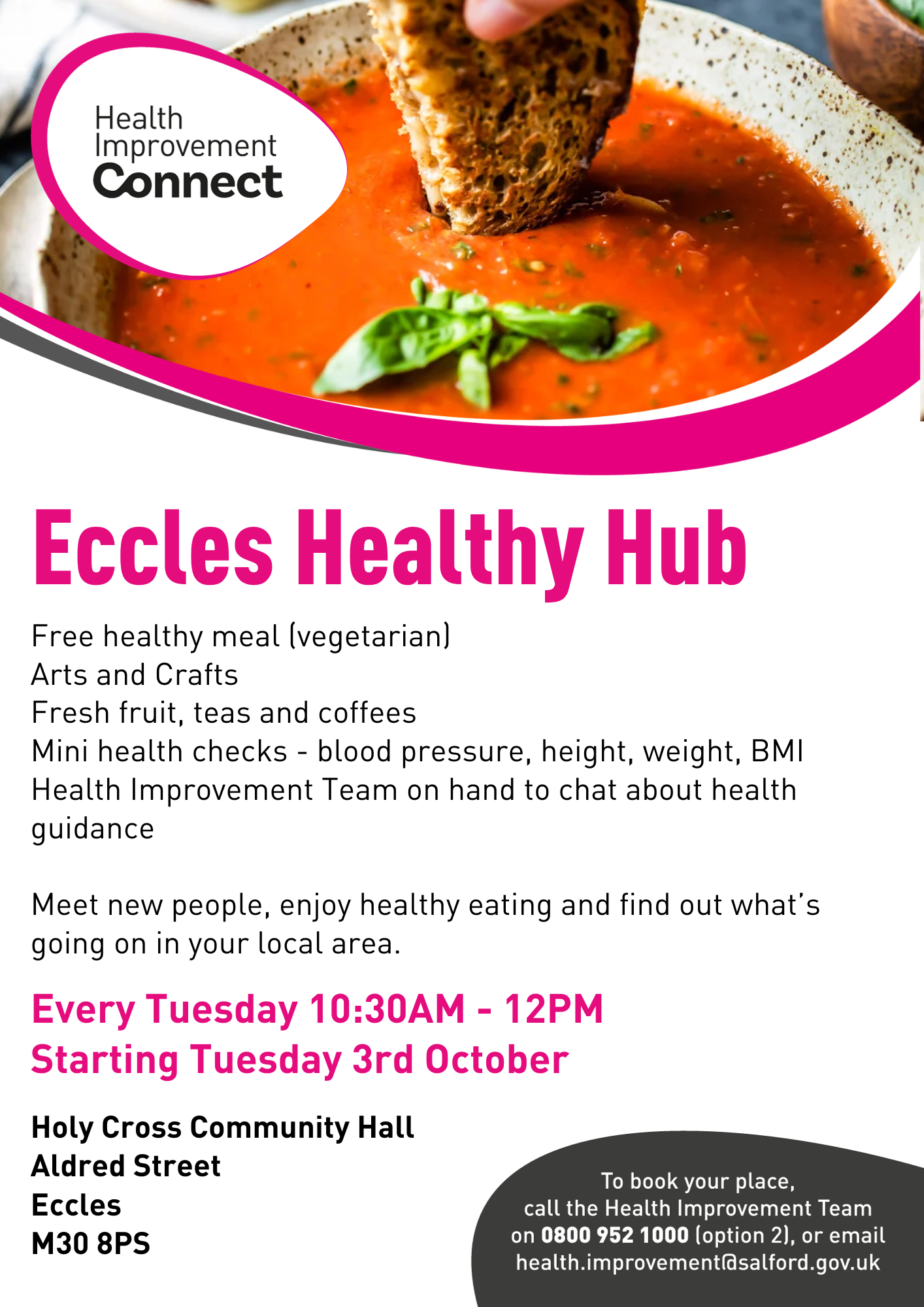
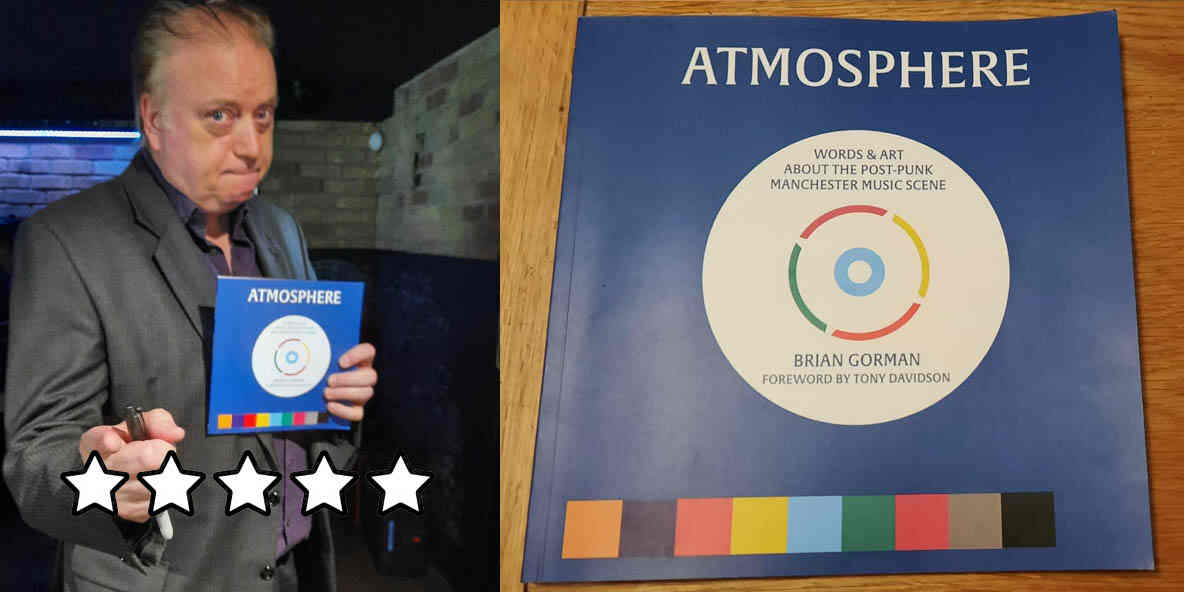
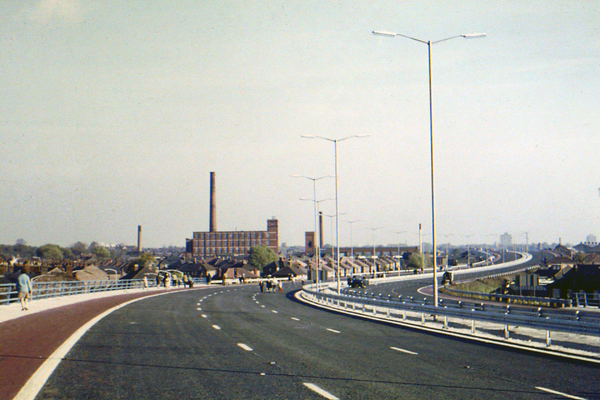
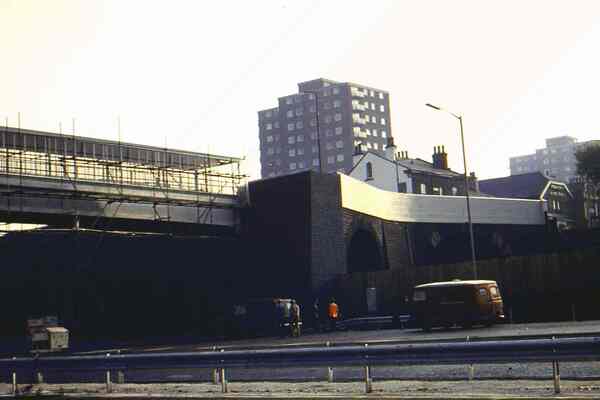
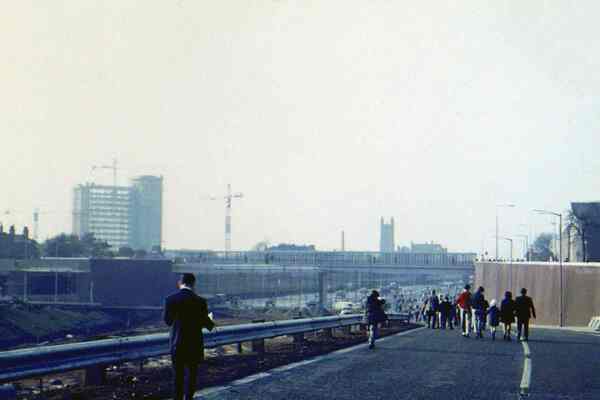
Recommended Comments
There are no comments to display.
Create an account or sign in to comment
You need to be a member in order to leave a comment
Create an account
Sign up for a new account in our community. It's easy!
Register a new accountSign in
Already have an account? Sign in here.
Sign In Now